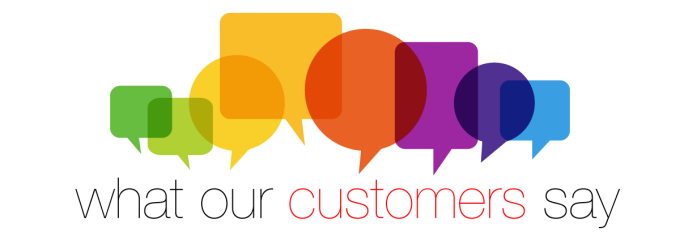Thanks for the whisper suggestion, Deli! If the goal is to create good in the world, and your methods used to achieve the goal are also good and noble, then it would be easy to say the end justifies the means. But that is not what most people are referring to with this expression (tee hee). Most use it as an excuse to use any means available to achieve something. As long as you get what you want, does it matter how you reached your goal?
The ‘end justifies the means’ usually involves doing something wrong to achieve a positive or negative result, which justifies the wrongdoing due to the successful outcome. For example, we kill people in wars in order to protect the country. This would be ‘situational ethics’, for it is in direct violation of moral and ethical principles.
On a lighter note, what if you lie on an application in order to get a higher-paying job? You and your family benefit, so what harm is done? What if you keep an orphanage open by embezzling money to donate? What if you are a politician who will do anything to get elected in the name of helping the citizens? Do you cut down a forest to make room for a golf course in the name of progress? Let’s get a whisper on this expression and its deeper spiritual meaning:
People use thoughts that are influenced by emotions to justify their actions. The result is building illusions that easily lead to some form of incorrect thinking. The ego will act to justify every action, regardless of rationale, morality, or appropriateness, as a way to avoid taking total personal responsibility. Assigning blame to others for any wrongdoing is a type of conditioning that programs justification for any action that leads to a positive perception around the outcome.
The conditioned response to justify actions would not exist if every person followed a moral code of honor. Spiritual principles are built into Universal Laws that, when violated, have consequences. The Law of Choices speaks to free will and is applied to actions, not words. The choice to take action creates an energy that calls for some type of Universal response. To think that there is no energetic consequence to a violation of moral rules is simply ignorance, denial of the truth, or incorrect thinking. Just because you didn’t get caught doesn’t mean you are free from responsibility. Justification in your mind is not necessarily true justice.
In truth, it is the means that will dictate justification and not the end. No matter how valid it may seem, if the action is unethical, immoral, harmful, or void of truth, the goal is tainted with an energy of irreverence. If the means used to justify the end creates wrongdoing on any level, it’s an indication that the end is the wrong goal, or some form of new direction needs to be explored.
With the fabric of society eroding due to unethical leadership, desensitizing, immoral conduct, and dysfunctional behavior, the need to become more aware has never been greater. Raising moral consciousness is part of human evolution that is calling for change across the planet. Love yourself enough to create actions that align with your highest moral fiber, and the proper means will appear in synergistic partnership with your intended outcome.
Bring joy, ease suffering and create beauty, then dance like you mean it!
Blessings, Russell
“You think the end justifies the means, however vile. I tell you: the end is the means by which you achieve it. Today's step is tomorrow's life. Great ends cannot be attained by base means. You've proved that in all your social upheavals. The meanness and inhumanity of the means make you mean and inhuman and make the end unattainable.”
― Wilhelm Reich, Listen, Little Man!

